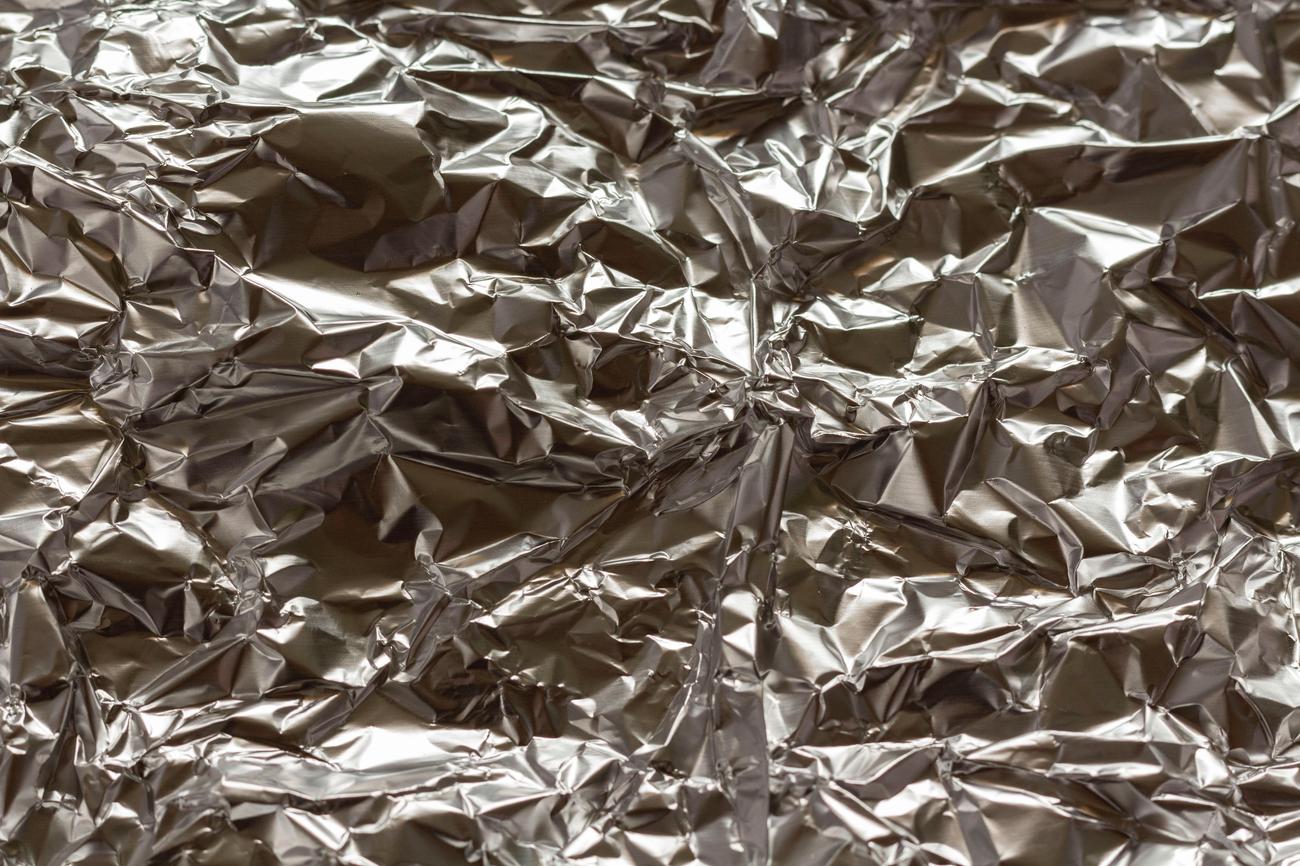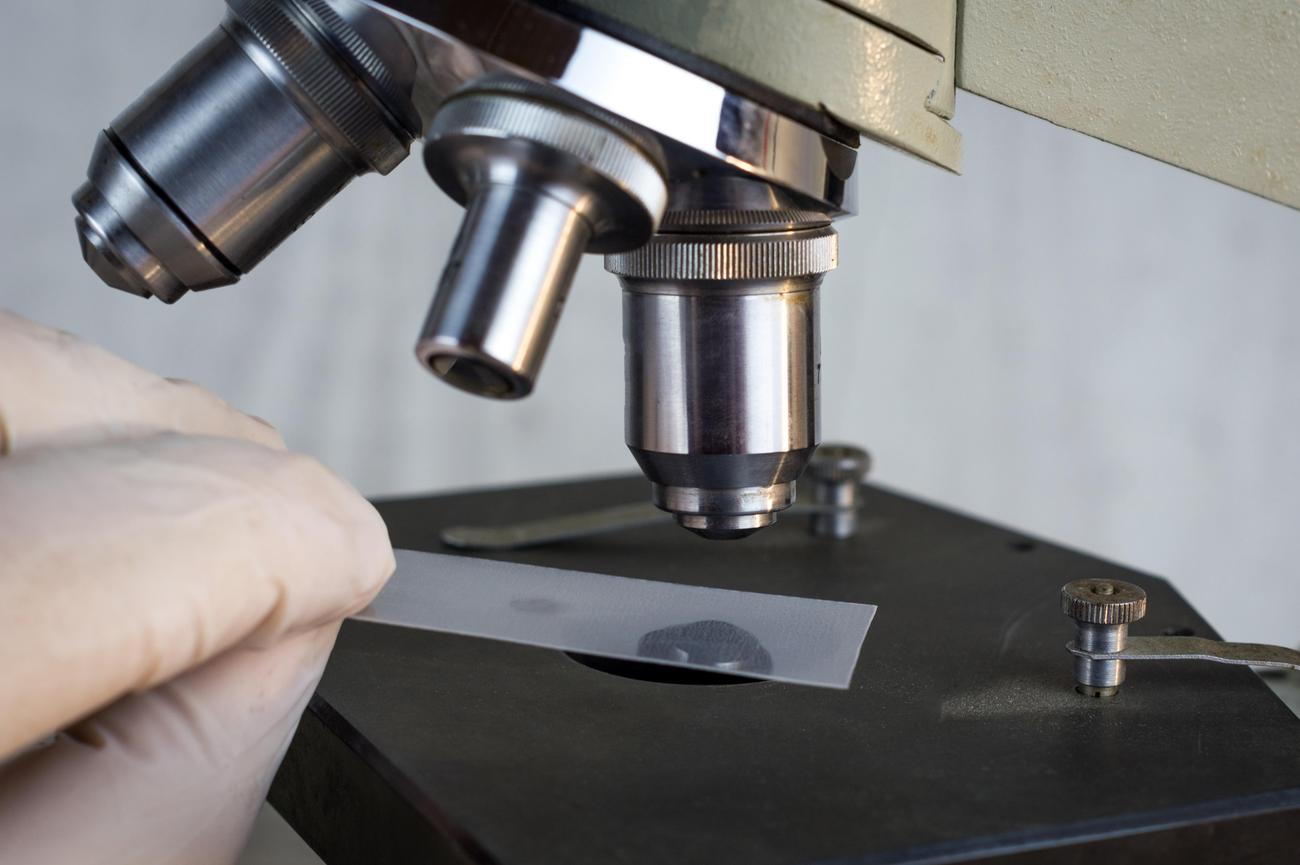Are you curious about the wide range of applications for aluminum chloride? Look no further! In this comprehensive guide, we will delve into the fascinating world of aluminum chloride and explore its diverse uses across various industries. Whether you are interested in its role in cosmetics and pharmaceuticals, its applications in water treatment, or its contribution to catalyst production, this article will provide you with an in-depth understanding of the potential uses and benefits of aluminum chloride. Join us on this exploration as we uncover the versatility and significance of this remarkable chemical compound.

Aluminum Chloride Applications
Aluminum chloride, a versatile compound, finds numerous applications across various industries, thanks to its unique properties and chemical reactivity. From cosmetics and pharmaceuticals to water treatment and catalyst production, the uses of aluminum chloride are diverse and wide-ranging. Let’s explore some of the key applications of this compound.
Water Treatment
One of the primary applications of aluminum chloride is in water treatment processes. Due to its coagulant properties, it is widely used as a flocculant to remove impurities, such as suspended particles and organic matter, from drinking water and wastewater. By facilitating the formation of larger particles, aluminum chloride helps in their easy removal through filtration, improving water quality and safety.
Aluminum chloride plays a crucial role in water treatment, acting as a reliable flocculant to enhance the purification process and ensure clean drinking water.
Pharmaceuticals and Cosmetics
Aluminum chloride also finds application in the pharmaceutical and cosmetic industries. Its antiperspirant properties make it a key ingredient in deodorants and antiperspirant products. Approved by the Food and Drug Administration for use in such formulations, aluminum chloride effectively reduces perspiration by temporarily blocking the sweat glands.
In cosmetics and personal care products, aluminum chloride takes center stage, providing effective antiperspirant solutions that help individuals feel fresh and confident throughout the day.
Petrochemical Production
The production of petrochemicals, such as ethylbenzene and alkylbenzene, heavily relies on aluminum chloride. Serving as a catalyst in various chemical reactions, aluminum chloride enables the synthesis of these valuable compounds. Its Lewis acid properties make it an ideal catalyst for a wide range of reactions, including the well-known Friedel-Crafts reaction.
Aluminum chloride acts as a catalyst, driving important reactions in the petrochemical industry, playing a critical role in the production of ethylbenzene and alkylbenzene.
Catalyst in Industrial Processes
Aluminum chloride, particularly in its anhydrous form, is widely used as a Lewis-acid catalyst in various industrial processes. Its ability to facilitate chemical reactions and enhance reaction rates finds applications in the production of detergents, polymers, and other important compounds.
As a Lewis-acid catalyst, aluminum chloride serves as a powerful tool in industrial processes, expediting reactions and enabling the production of essential compounds used in various industries.
Other Applications
Apart from its major applications, aluminum chloride also finds use in synthesizing bis(arene) metal complexes and forming adducts with weak Lewis bases. Additionally, its low melting and boiling points make it an important component in the manufacturing and industrial sectors, especially in the production of aluminum itself.
Aluminum chloride’s versatility extends beyond its major applications, showcasing its importance in synthesizing metal complexes and forming unique chemical bonds.
In conclusion, aluminum chloride plays a vital role in various industries due to its extensive applications. Whether it is purifying water, producing petrochemicals, or acting as a catalyst, this compound demonstrates its versatility and significant contribution to different processes. By understanding its properties and harnessing its capabilities, we can continue to explore and expand the diverse applications of aluminum chloride.
Aluminum chloride’s diverse applications continue to shape industries and improve processes, allowing us to utilize its unique properties for various purposes.
Aluminum chloride is a fascinating compound that holds many interesting secrets. Did you know that aluminum chloride has a wide range of applications, from being used as a catalyst in chemical reactions to being a key ingredient in antiperspirants? If you’re curious to learn more about this versatile compound, click here for some intriguing facts about aluminum chloride.
interesting facts about aluminum chloride

FAQ
What are some common applications of aluminum chloride in the manufacturing and industrial sectors?
Aluminum chloride is commonly used in the manufacturing and industrial sectors for various applications. It is utilized in the production of aluminum, metallurgy, and aluminum smelting. Additionally, it is involved in the production of petrochemicals such as ethylbenzene and alkylbenzene.
Is aluminum chloride approved for use in personal care products?
Yes, aluminum chloride is approved by the Food and Drug Administration (FDA) for use in antiperspirant products. Its ability to control sweat production makes it a key ingredient in many antiperspirants.
Can aluminum chloride be used for catalyst production?
Yes, aluminum chloride is commonly used as a catalyst in chemical reactions. It acts as a Lewis-acid catalyst for Friedel-Crafts reactions, particularly in the production of detergents and ethylbenzene.
Are there any natural sources of aluminum chloride?
Anhydrous aluminum chloride, the most common form, is not found naturally. However, the hexahydrate form, known as chloraluminite, is a rare mineral that exists naturally.
How does aluminum chloride exhibit different structures depending on its state?
Aluminum chloride exhibits different structures depending on its temperature and state. In its solid form, it has a layered structure. When melted or in vapor form, it exists as dimers or monomers. The hexahydrate form has an octahedral molecular geometry with water ligands.
- Sept 31 Myth: Unveiling Calendar Secrets - March 18, 2025
- How Long & Till December 18, 2025: Accurate Countdown Guide - March 18, 2025
- Discover Japanese Artists: A Complete History - March 18, 2025
















